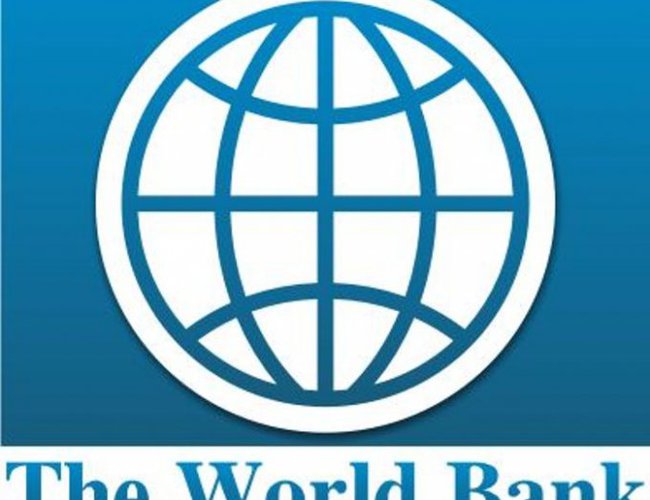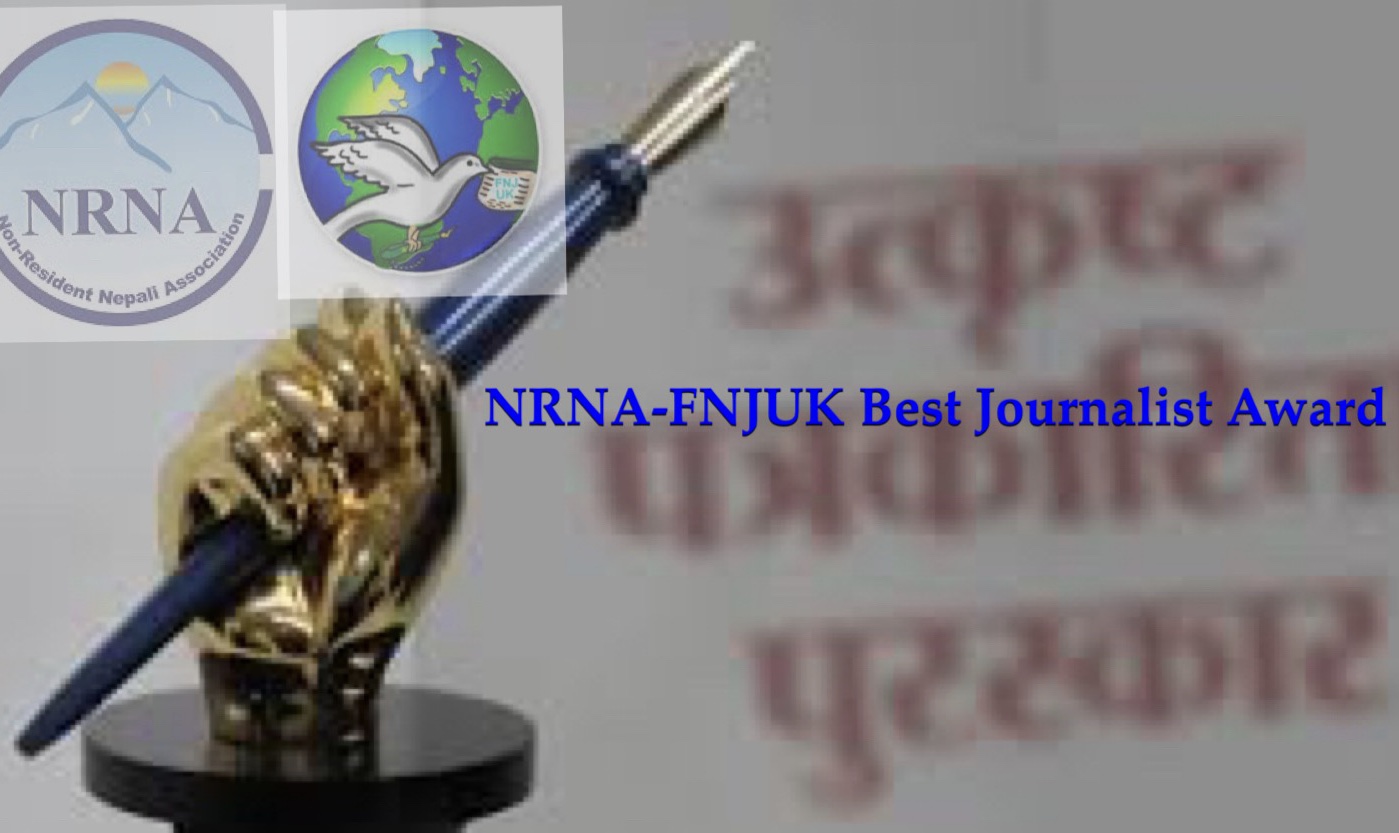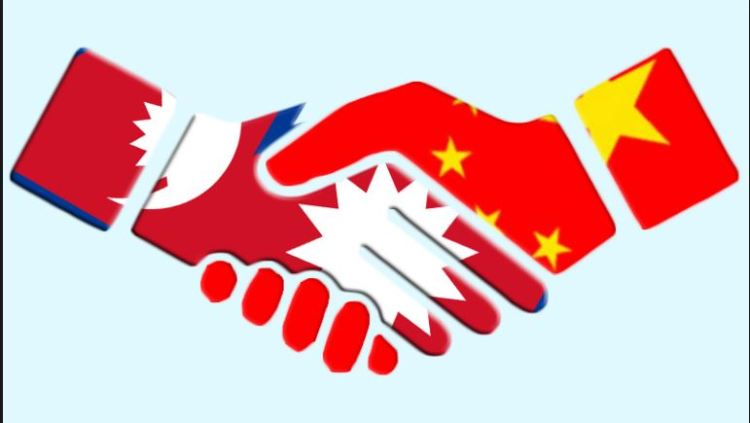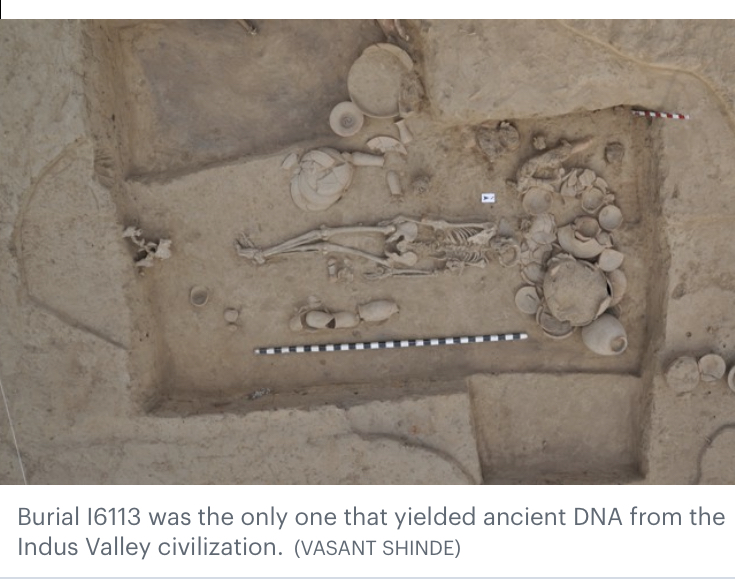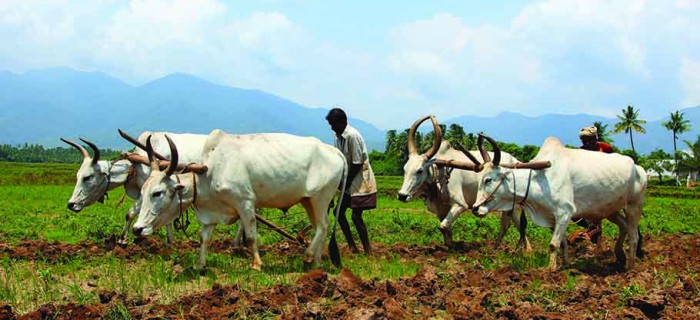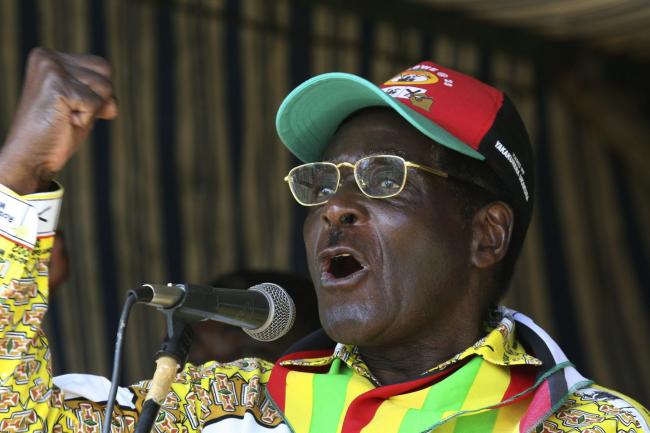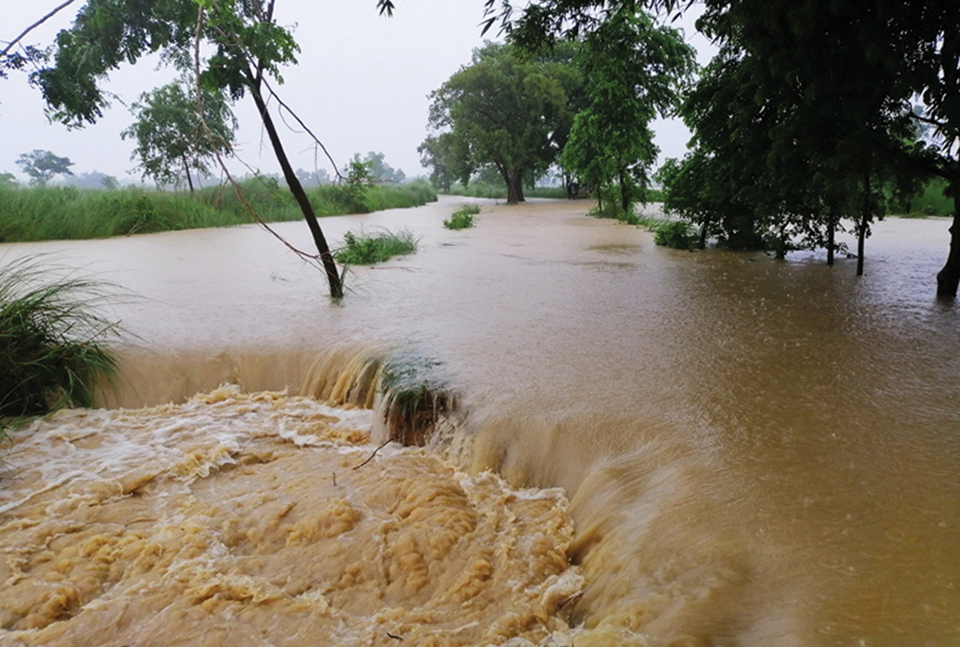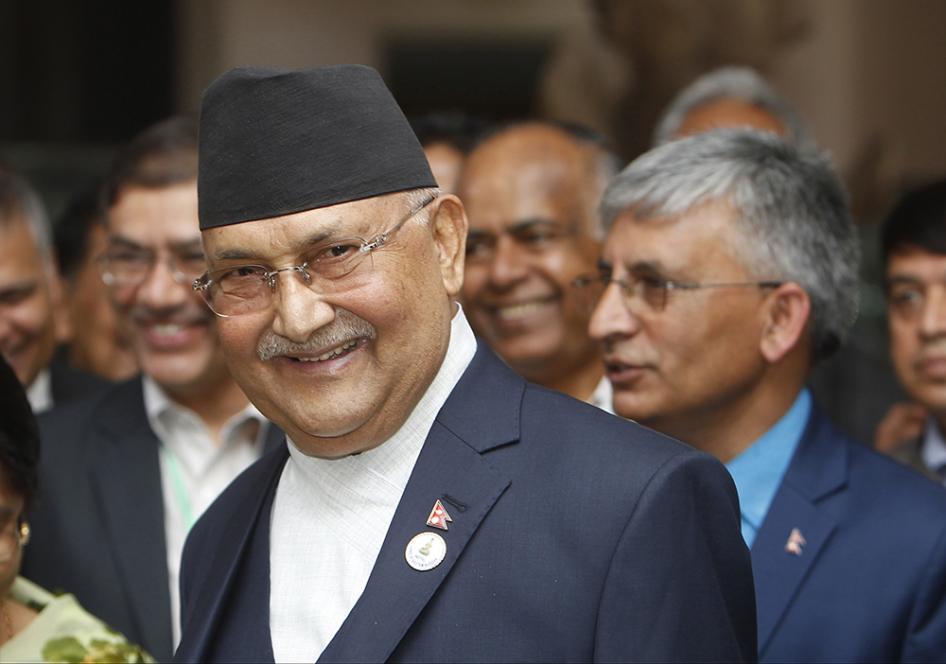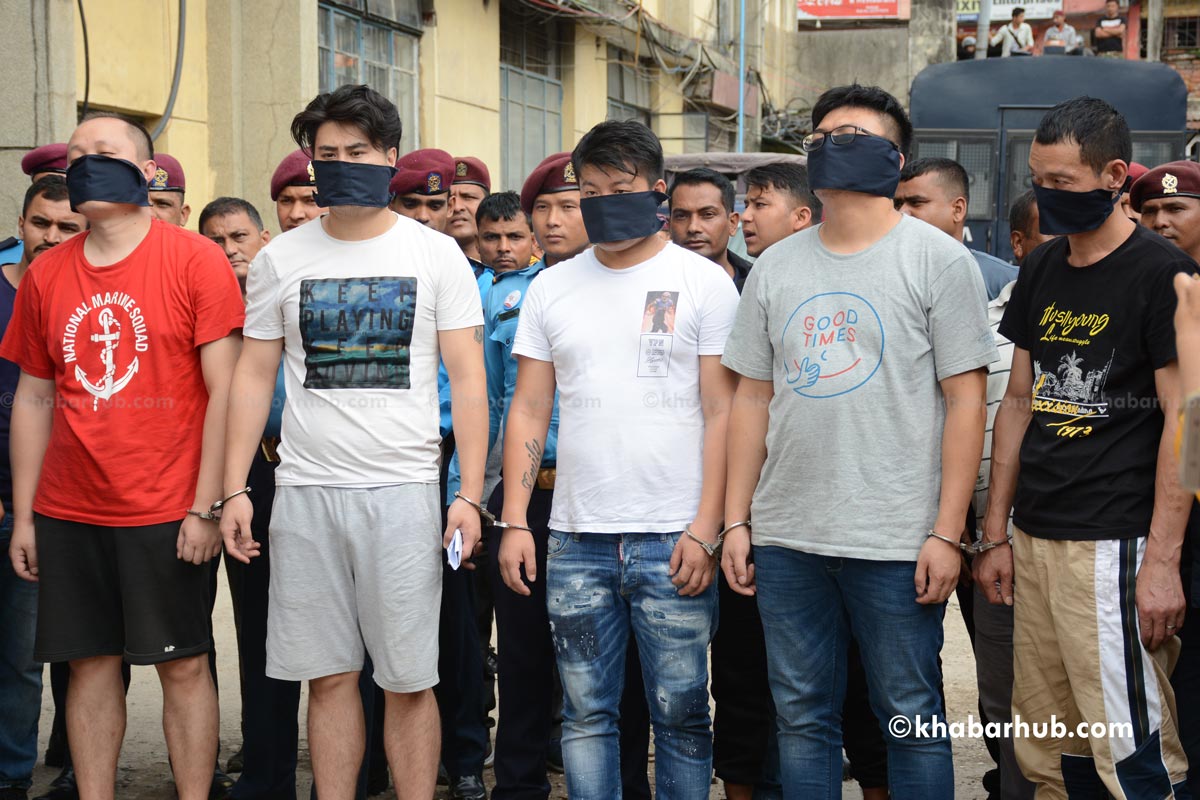World bank , Kathmandu, 9 September 2019 – A team of experts from the Government of Nepal, development partners and Japan’s energy sector will be meeting in Kathmandu to promote resilient infrastructure in Nepal in the context of the country’s vulnerabilities to natural disasters. The workshop on Enhancing Climate/Disaster-Resilient Renewable Energy Distributed Power System in Nepal is being organized on 10-11 September by the World Bank in partnership with the Government of Nepal and Alternative Energy Promotion Center (AEPC) while benefiting from Japanese expertise in the area.
“Nepal is one of the most vulnerable countries to disasters and the impact of global climate change. The workshop is a valuable opportunity to support both the public and private sector to provide resilient and sustainable energy services in Nepal, especially successful off-grid electricity supply,” said Faris H. Hadad-Zervos, the World Bank Country Manager for Nepal.
The workshop will bring together the expertise, technologies and best practices on resilient distributed generation from experts from Japan with the support of “Japan-World Bank Program for Mainstreaming Disaster Risk Management in Developing Countries,” funded by the Government of Japan and managed by Global Facility for Disaster Reduction and Recovery.
The workshop will discuss disaster resilient micro-grid systems in Sendai and Maldives, building resilient infrastructure through Public-Private Partnerships (PPPs), and the future perspectives of resilient mini-grid system development.
“This is a unique platform for Nepali and Japanese experts to share learnings and find common solutions to build resilient infrastructure and disaster risk management in Nepal to benefit the country and its stakeholders,” said Eriko Ichikawa, Jr Professional Officer of the World Bank.
The workshop will ultimately aim to support the country’s effort to improve the overall energy supply situation, through mobilizing energy-service companies to increase capacity of renewable energy mini-grids, capturing private sector efficiencies through PPPs, and encouraging private capital investment in the sector, while ensuring the resiliency of the system.
Contacts
Kathmandu
Akash Babu Shrestha
Communications Officer
Washington DC
Yann Doignon
Online Communications Officer




